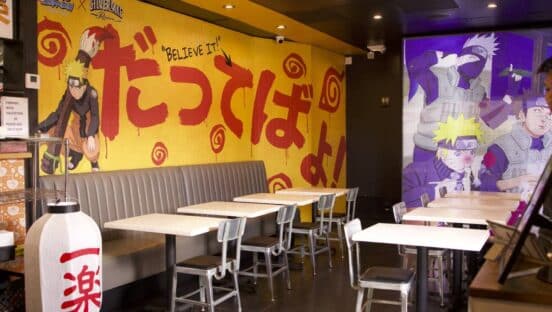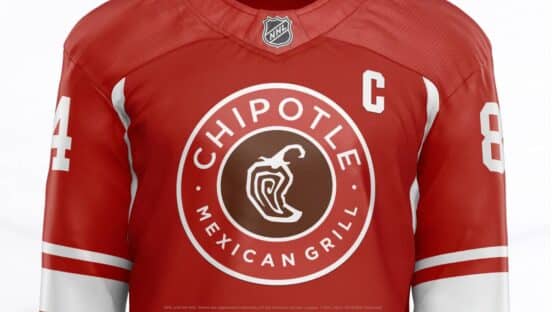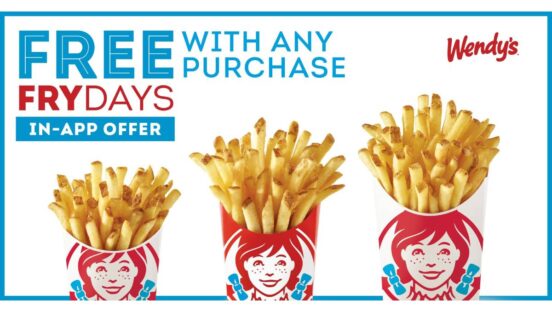Picture this: You’re trying to decide where to go for dinner. You’re stuck between two new restaurants. One has a line out the door; the other looks deserted. Which do you choose?
Chances are, unless you’re in a rush, you pick the one with the line out the door. If that many people like it, it must be good, right? If everyone wants it, it has to have some merit. In fact, you almost need to try it.
This is social proof—the grown-up version of peer pressure and the core of FOMO (the fear of missing out).
It’s human nature to want to belong and participate in what’s popular. We see the things we have and do as projections of ourselves, so we naturally want to make the “right” choices. FOMO has become something of a joke in our culture, but it’s a real thing, a form of social anxiety that makes us fear we’re missing out on an opportunity to fit in.
This “wisdom of the crowds” mentality comes into play in the restaurant industry in a very literal way.
Unless it’s a tourist trap or located just below the Eiffel Tower, people generally don’t wait in lines for no reason. That means social proof has a heavy hand in determining the success—or failure—of your restaurant.
Social proof lends credibility and desirability to restaurant delivery. Here are three reasons why:
1. Meaning en masse. By demonstrating popularity and quality, having multiple drivers in line waiting for food is the equivalent of an in-restaurant wait. The only difference is that customers are home on their couches—that’s the convenience factor they’re paying for. If restaurants don’t have drivers waiting for food, it’s a giveaway that no one is ordering delivery.
2. Visual branding fuel. Some delivery services use heavily branded vehicle wraps and uniforms to amplify their brands. When branded vehicles are parked outside a restaurant, it’s a visible sign of a restaurant’s popularity. The fact that a restaurant is in demand makes it desirable.
3. The power of social. A delivery service is the in-home or in-office extension of a restaurant. Customers can review their food at the time of delivery, just like the person at the restaurant can—but it’s from the comfort of their homes. It’s important that the service and the restaurant work together to provide an excellent in-home experience of their food. Social proof leads to peer reviews online, both of the service and the restaurant, and nothing is more powerful than a friend’s recommendation (or critique).
Social proof is vital to attract business to a restaurant, but generating that proof for delivery can be trickier. Here are three ways to amplify social proof for delivery:
1. Deck out your delivery fleets. You get no credit or social proof for providing a great delivery experience if you don’t identify yourself. Use distinctive cars and vehicle skins so consumers will see them while walking around. Vehicle signage clearly communicates your business, and potential customers understand that they could be among hundreds or thousands served every day. People want to be part of something new and exciting. This is a powerful visual reminder of your company’s core competency and popularity.
2. Make it shareable. Food is an inherently social thing. Conversations, laughter, and disagreements all happen over food. Additionally, the quality of these things depends on the quality of the meal. So whether or not you like your food is instantly shareable. With today’s accessibility to social media, everyone is a food critic. If you see that a friend on Facebook has tried a new restaurant but hated it, chances are you’ll skip right over it. But if a glowing review pops up, you’ll probably make a point to try it, right? Today, social proof trumps critics’ reviews.
3. Be selective about your staff. An active, present, and professional delivery staff speaks volumes to potential customers about your business’s culture, polish, and professionalism. The staff you choose and the brand values you instill are just as important as the branding on your advertisements and uniforms.
Domino’s and Jimmy John’s are great examples of restaurants that have done this well. Both are social media driven and have a professional, recognizable team of uniformed drivers. They also pride themselves on quick, reliable delivery, from Jimmy John’s “freaky fast” service to Domino’s “delivery experts.”
Whether your call it FOMO or social proof, chances are you’d try the restaurant with the line out the door over the less popular option. This desire to align with group approval is innate and human, and it’s something you share with your customers on a biological level. By tapping into this desire, you can create social proof for your restaurant that drums up traffic from even the most reluctant of restaurant-goers.












